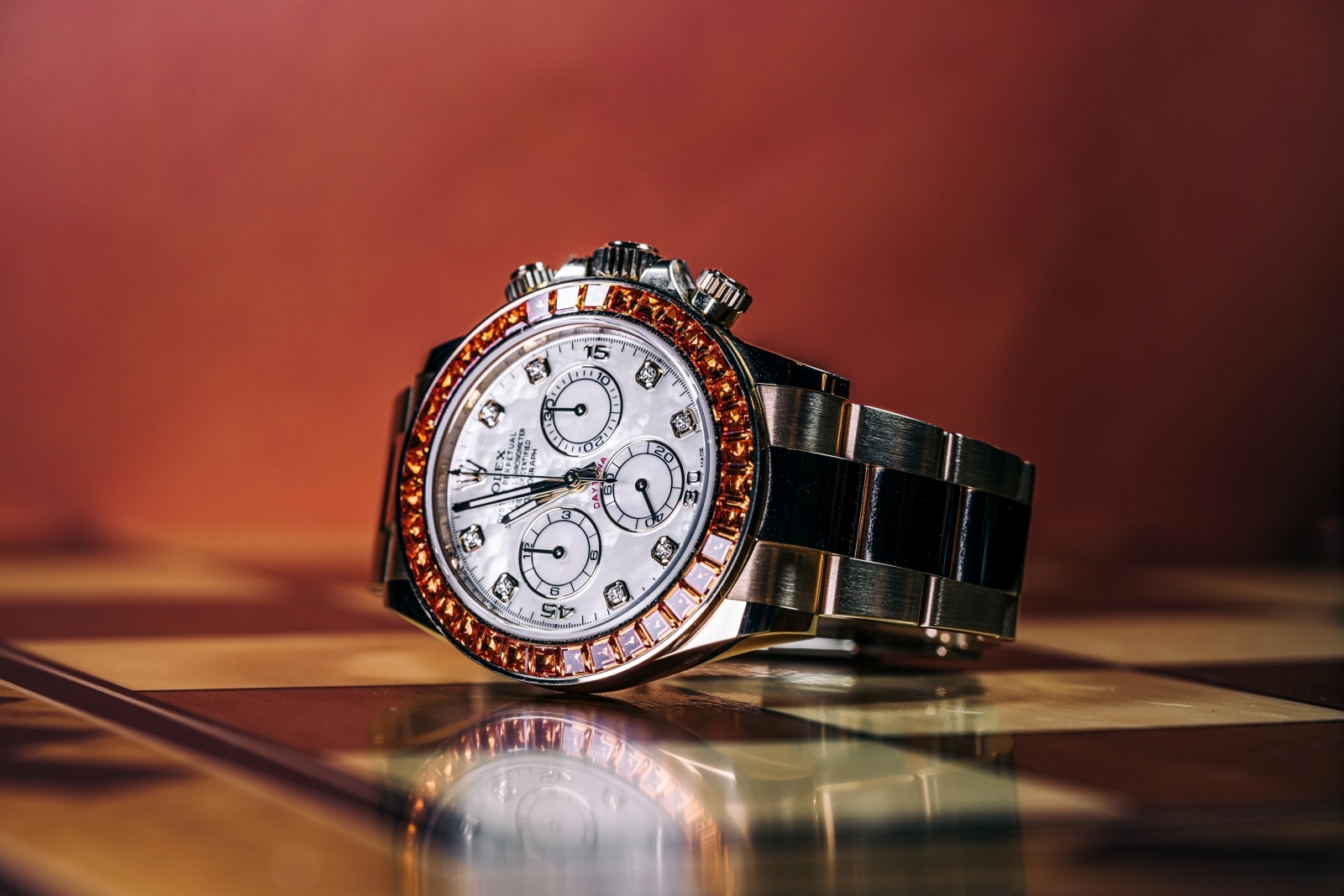Slow Fashion: The Best Sustainable Fashion Brands
The fashion world has been a cornerstone of cultural life for hundreds of years. In the 20th century, there was a great boom for fashion brands and companies as production stepped up in response to a growing global population and the relatively new trend of requiring a new wardrobe for each season that had to be updated every year. The very idea of being ‘in fashion’ came to define status, building careers, showcasing style and elevating certain companies into luxury powerhouses for the modern world.
In 2025, there is a new responsibility that fashion brands are waking up to. The United Nations Environment Programme states that the fashion industry accounts for between 8-10% of total carbon emissions for the planet. And as the World Bank has also pointed out, there are an astonishing 92million tonnes of textile waste generated each year, equivalent to a garbage truck full of clothes that are sent to landfill or destroyed every single second.
The environmental credentials of Fast Fashion certainly don’t look good.
However, there is a pleasing rise in sustainable fashion brands coming up that have managed to combine high-end couture ideation and philosophies with production methods that don’t cost the earth in the same way.
Here is a collection of the very best.

Ninety Percent
Shafiq Hassan & Para Hamilton created Ninety Percent in 2018 with a bold promise to donate 90% of its profits to charities and the garment workers who are responsible for production. The Creative Director Ellie Atkinson, is responsible for a uniquely identifiable style of relaxed tailoring and clean, sharp silhouettes that have created quite the buzz on both sides of the Atlantic. Using organic cotton and low-impact fabrics such as Tencel, the capsule wardrobes produced by Ninety Percent are simple enough to cross seasons and stylish enough to combine with other fashion staples too.
Perhaps the most impressive element of the brand is its interactive status that allows customers to vote on the good causes that the profits will reach. They are gaining serious recognition as true pioneers in the sustainable fashion realm.
Sézane
Over a decade ago, in 2013, Morgane Sézalory started this French brand as a vintage-inspired house that worked exclusively online. Now the Sézane boutiques in Paris, New York and London have elevated their understated glamour and chic to fashion heavyweight status. Importantly, Morgane was committed to resisting the overproduction methods of fast fashion with strictly limited runs, capsule collections and pre-ordered products created to drive demand. As a result, Sézane now holds the enviable status of being recognised as France’s first fashion house to achieve B-Corp certification. Alongside the dedication to ethical supply chains, community engagement and environmental responsibility that drove this award, the brand has created its own initiatives too. Their Demain program is the best example of this, with a portion of profits being redirected into education projects for disadvantaged children.
Overall, Sézane is consistently making their own philanthropic endeavours as noteworthy and aspirational as the items that make up their fabulous collections.
Stella McCartney
For almost 25 years, Stella McCartney has been synonymous with creative style and elegance in the new fashion world. Her philosophy that the industry should be eco-conscious as an overall goal and not simply a marketable niche has informed everything the brand does, often paving the way for others to follow. Her strict policy of never using furs, leather or PVC in design or production saw the house become recognised as an early adopter of material innovations such as mushroom leather, the seaweed fibres of Kelsun and the plant-based fabric, Mirum.
Stella McCartney is now once again pioneering how important sustainability is for a global brand through her on record commitment to reach Net Zero emissions by 2040. As regular devotees like Taylor Swift, Meghan Markle and Gwyneth Paltrow will surely testify, this makes the finely tailored and sleek aesthetic of her collections even more sought after.
Asket
When the Swedish entrepreneurs August Bard Bringéus and Jakob Dworsky created Asket in 2015, they wanted to challenge fast fashion in a permanent way. As the literal translation of the brand name suggests, it seeks to strip back excess in a sharp and disciplined way. There are no seasonal collections from this fashion brand. Instead, one is able to create a permanent wardrobe of essentials made up of Oxford shirts, jeans, knitwear in timeless styles and cuts, that remain in stock all year round.
Every Asket garment holds its own ‘Full Traceability Receipt’ that offers a breakdown of the sourcing materials, production locations and estimated environmental impact it carries. This accountability comes from an understanding that perhaps no means of textile production will ever reach genuine sustainability, but through minimising impact and delivering transparency on how that works, we may all be encouraged to buy fewer items and keep them longer.
ELV Denim
The former fashion stylist Anna Foster had been witness to the excesses of overproduction in the industry throughout her career. When she created East London Vintage Denim (ELV) in 2018, her goal was to produce pieces of the highest quality using upcycling methods from denim that would otherwise reach landfill. Every item is now handmade in London with a signature patchwork style of contrasting panels to make unique jeans, jackets and skirts. With no new fabric used at any point in the process, waste and water use are kept to an absolute minimum, with a healthy carbon footprint overall for the brand.
Due to the exclusivity and eco-conscious credentials of their collection, fashion press like Vogue and Harper’s Bazaar have been quick to praise ELV Denim’s role in reimagining denim as luxury and fashion-forward pieces. This is something that marks yet another renaissance for the humble workman material that looks set to continue for the rest of this decade at least.
As these brands all demonstrate, with some creative thinking and shared responsibility, it is possible to look great and feel good about the impact that your wardrobe has on the world. For the future, they represent a new and important way of approaching how our own style does not have to be compromised by an understanding of the sustainability challenges we all face. Slow Fashion is definitely gathering pace in this regard and should be celebrated accordingly.



